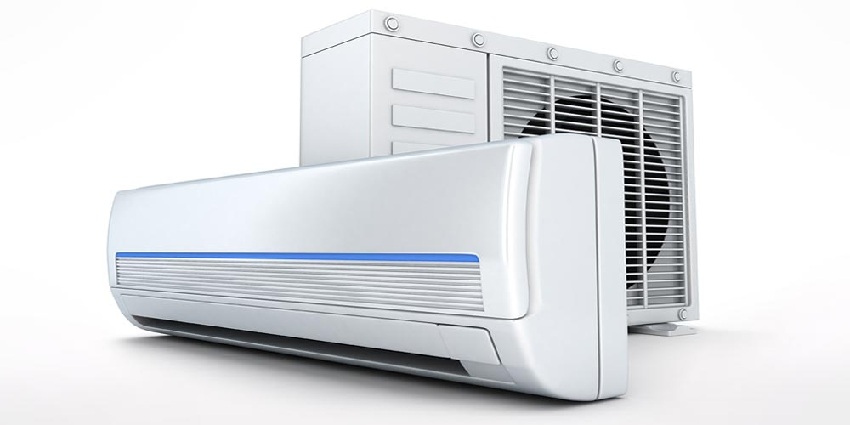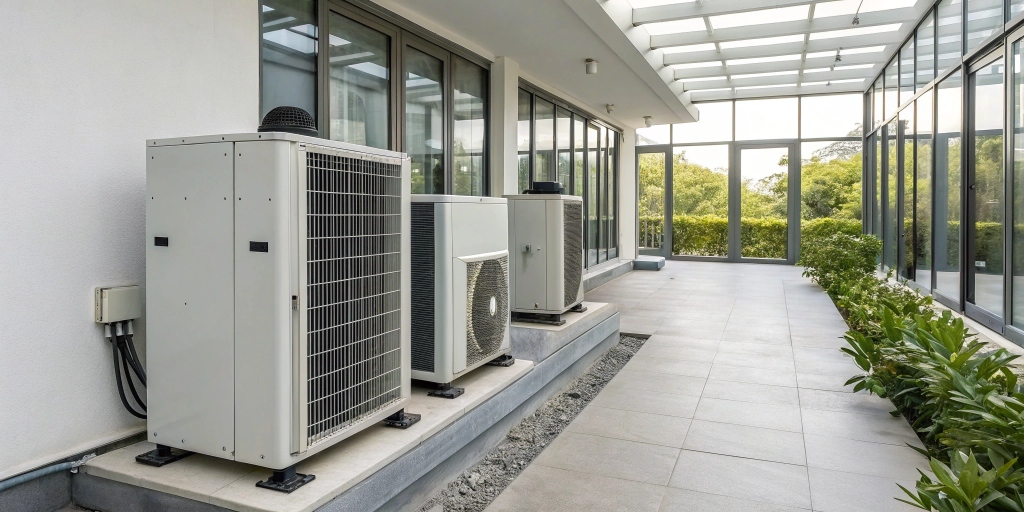Air conditioning systems are vital for maintaining comfortable indoor environments, especially during warm weather. Despite variations in types, such as ducted, portable or split systems, they all rely on the same core components to operate effectively. Below we explore five essential components of an air conditioning system and their specific functions.
The Condenser – Dispelling Heat
Once compressed, the refrigerant enters the condenser, where it releases the heat that is absorbed from indoor air. During this process, the refrigerant cools and transitions from a gas to a liquid. The materials and design of the condenser play a crucial role in determining how quickly and efficiently this cooling occurs.
The Compressor – The System’s Heart
The compressor serves as the powerhouse of the air conditioning system. It compresses the refrigerant gas, raising its temperature and pressure. This step is critical to initiating the refrigeration cycle, as the high-pressure gas is transported to the condenser. The compressor’s efficiency greatly impacts the energy consumption and overall performance of the system.
For those considering air con Gloucester, check out a specialist such as https://acecc.co.uk//.
The Evaporator – Cooling the Air
The evaporator is where the refrigerant absorbs heat from indoor air. As the refrigerant evaporates into a gas, it cools the surrounding air, which is then circulated throughout the space. The refrigerant is subsequently sent back to the compressor, restarting the cycle.
The Expansion Valve – Regulating Temperature
The expansion valve reduces the pressure of the liquid refrigerant, which lowers its temperature significantly. This step prepares the refrigerant for its next role in absorbing heat from the indoor environment. Without this pressure drop, the cooling process would not be effective.
Filters
Filters are crucial components of any air conditioning system. They trap dust, pollen and other airborne particles, ensuring that the air circulating indoors is clean and safe to breathe.
By preventing debris from entering the system, filters also help protect other components, such as the evaporator and compressor, from damage. Regularly cleaning or replacing filters is essential to maintain both air quality and system efficiency.



